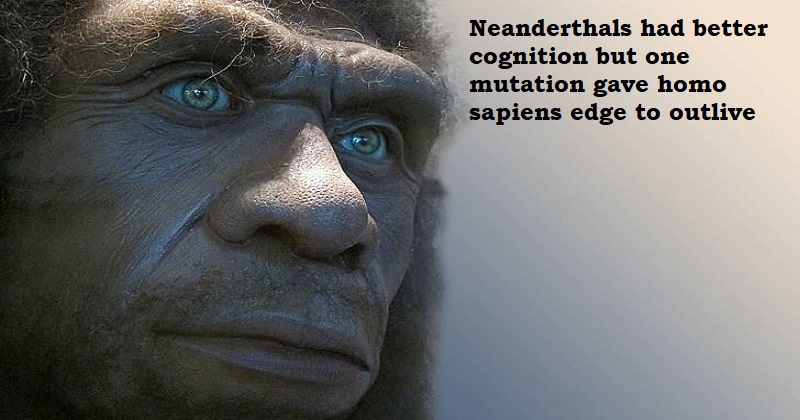
According to studies of ancient skulls, a Neanderthal’s brain was comparable to, if not slightly larger than, that of a modern human.
However, as soft tissue does not last long in the fossil record, little is known about the development of Neanderthal brains.
According to an intriguing study that was released on September 8, Neanderthals, the Stone Age hominins that lived in Europe and certain parts of Asia before going extinct about 40,000 years ago, may have had a cognitive advantage over modern humans or Homo sapiens.
Scientists from the Max Planck Institute of Molecular Cell Biology and Genetics in Dresden, Germany, assert that they have found a genetic mutation that accelerated the production of neurons in Homo sapiens’ brains.
The gene in question, called TKTL1, has a Neanderthal version that differs from the present human variant by one amino acid.
We’ve found a gene that helps to make us human, according to Wieland Huttner, professor and emeritus director at the institute and research author.
When the two copies of the gene were inserted into mouse embryos, the research team found that the current human form of the gene increased a specific type of cell that produces neurons in the neocortex region of the brain.
When the two gene mutations were tested in ferret embryos and organoids (lab-grown brain tissue made from human stem cells) similar results were obtained.

Post Your Comments